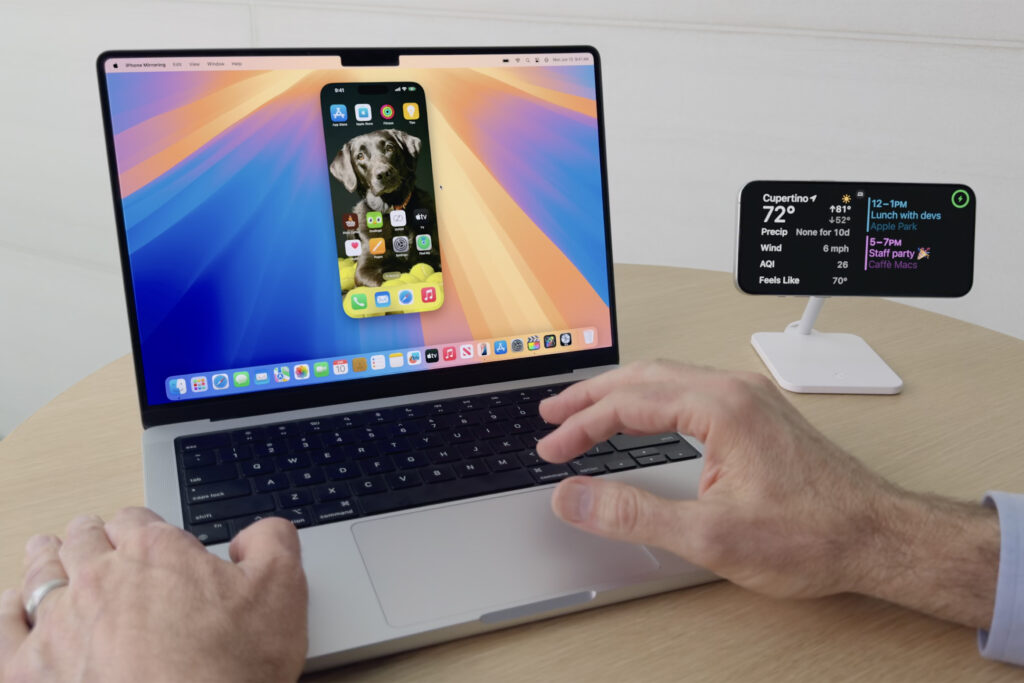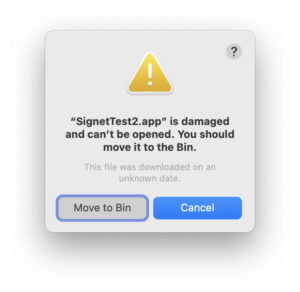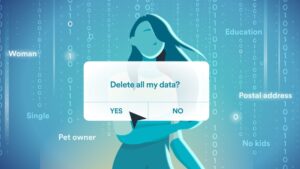macOS Sequoia’s iPhone mirroring feature could expose personal data at work

The latest version of the Mac operating system, macOS Sequoia, is a solid update with a couple of whiz-bangy features–one of those being iPhone Mirroring, where you can connect your Mac to your iPhone, have it appear on your Desktop, and use the iPhone as if it was in your hands (kinda). It’s a really cool feature, but apparently, it’s not perfect.
According to a report by Servco Security, iPhone Mirroring has a privacy hole. When using iPhone Mirroring, if you use an app on your iPhone, that app creates an entry in a directory on your Mac. That may not sound like a big deal, especially if you’re using your own personal Mac. But if you’re using a Mac from your employer, the IT department is probably running a tool to track what’s going on with your work Mac–that record that was created can be seen by your IT department. Therefore, IT can figure out what apps are on your personal iPhone and they’ll know you’ve been shopping for hair comb cleaners on the Temu app when you should be finalizing the cover sheet for that TPS report.
Servco reported the hole to Apple on September 27 and received confirmation on October 3 that Apple was working on a fix. It’s customary for security firms to publically publish their findings after reporting security bugs to the company that makes the product. A fix will likely appear in a future Sequoia update, possibly as part of macOS 15.1 due to arrive later this month.
Apple releases security patches through OS updates, so it’s important to install them when they are available. If Apple pulls back an update, the company will reissue it as soon as it is properly revised with corrections. In the meantime, the best way to avoid this hole is to not use iPhone Mirroring with your personal iPhone on a work Mac. Servco states that a company may be legally obligated to tell employees not to use iPhone Mirroring on work Macs.
Macworld has several guides to help keep your Mac secure, including a guide on whether or not you need antivirus software, a list of Mac viruses, malware, and trojans, and a comparison of Mac security software.



